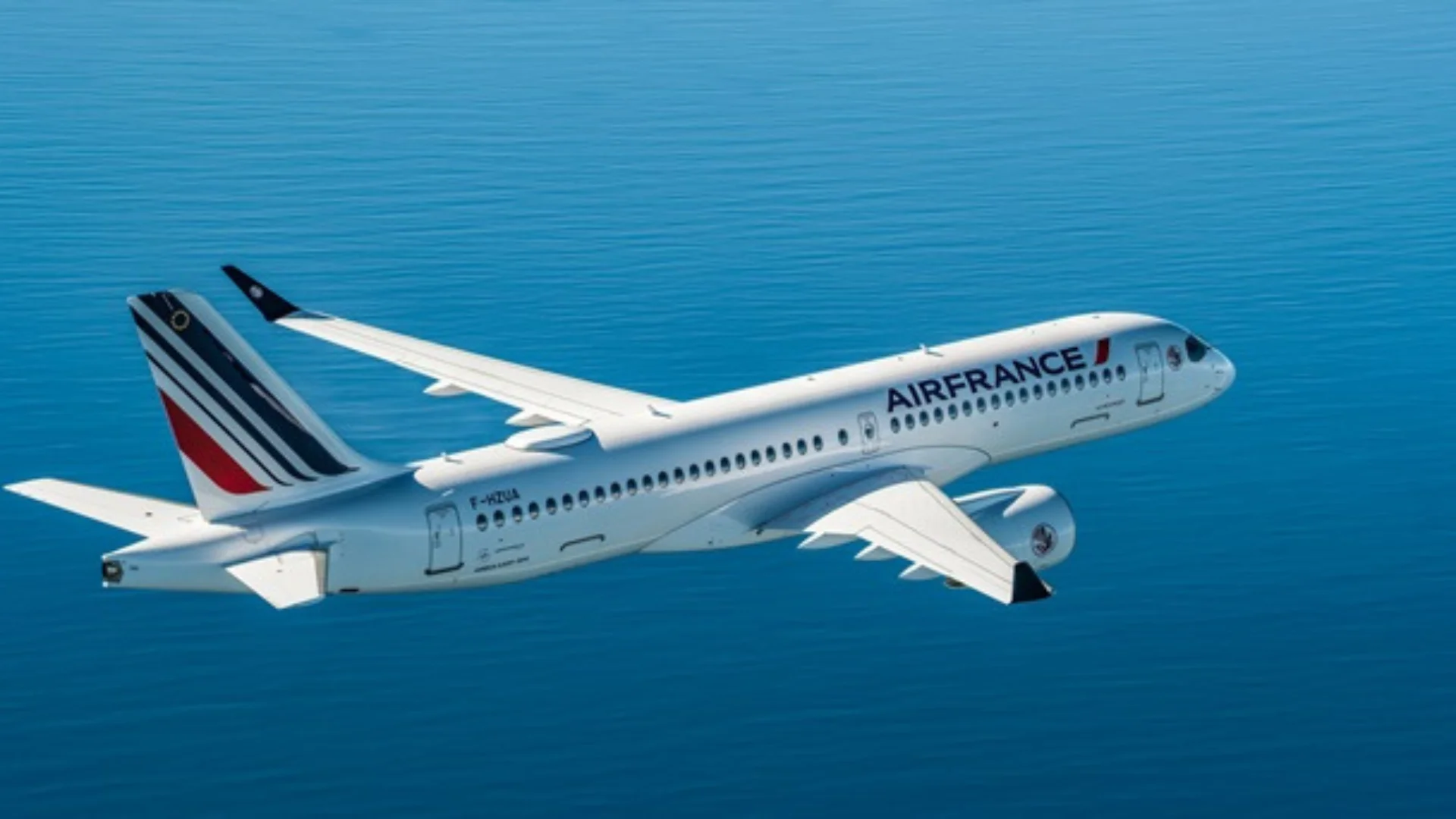Elon Musk has entered a debate with the U.S. Air Force Secretary regarding the relevance of piloted jets, particularly the F-35 Lightning II, as he prepares to join President Trump's cabinet. The jet, manufactured by Lockheed Martin, is notable for its cost and capabilities in modern warfare.
Outgoing Air Force Secretary Frank Kendall commented on Musk's views: “He’s not a military warfighter,” in response to Musk's suggestion that piloted jets are becoming obsolete. While critics highlight procurement issues and technical flaws, supporters emphasize the F-35's stealth, advanced sensors, and performance. Experienced pilots maintain that human presence in cockpits remains crucial.
Paul Livingston from Lockheed Martin UK stated that the F-35's capabilities are "beyond anything else out there," referencing orders from 19 allies including Britain.
 Alerts Sign-up
Alerts Sign-up







